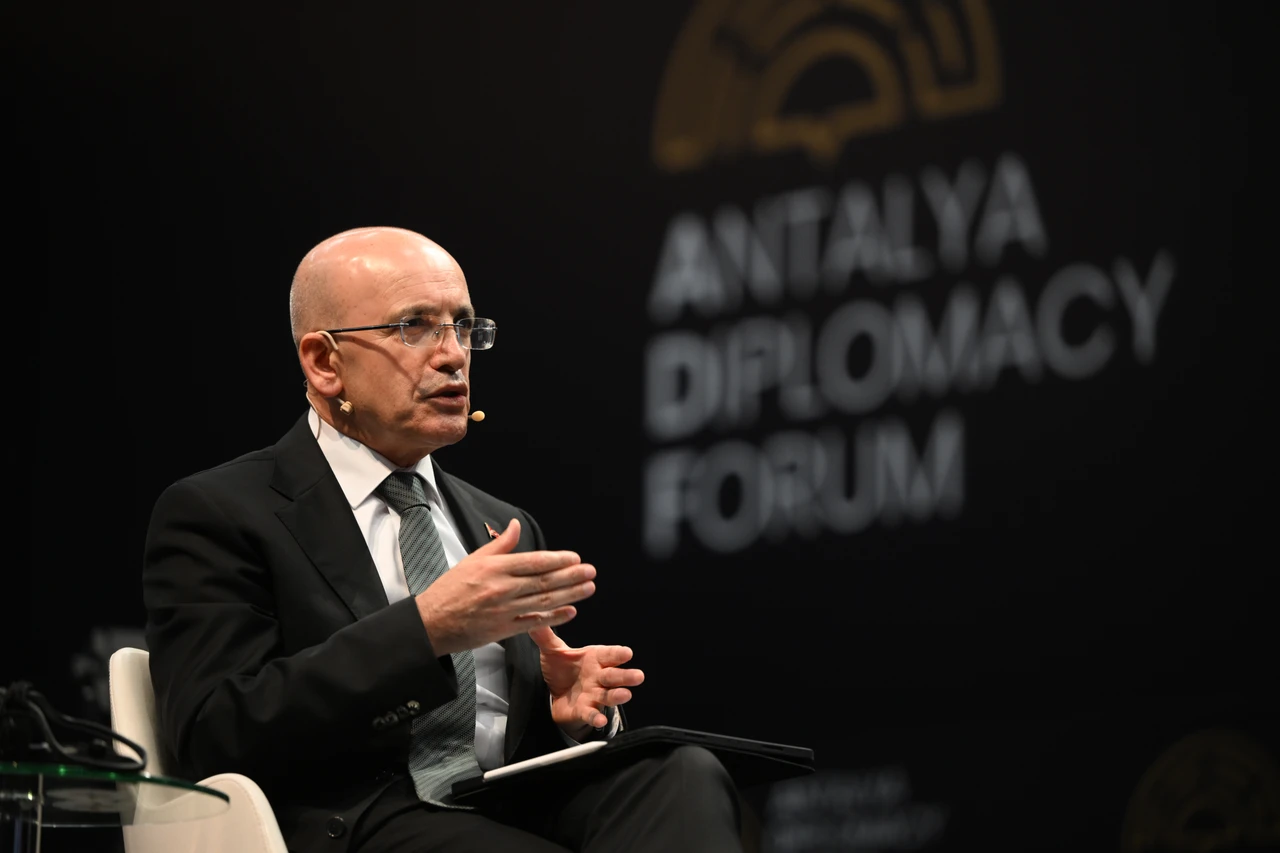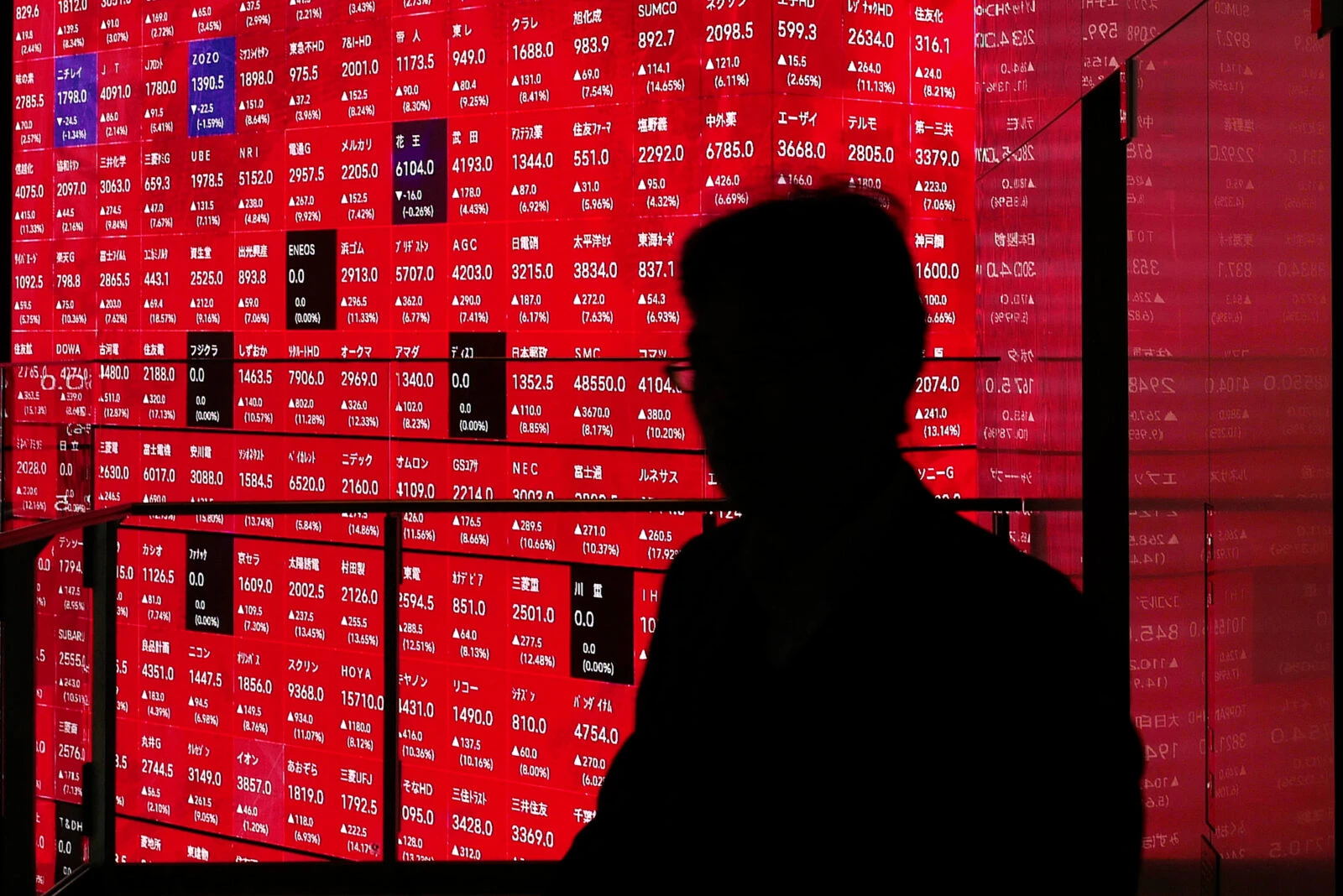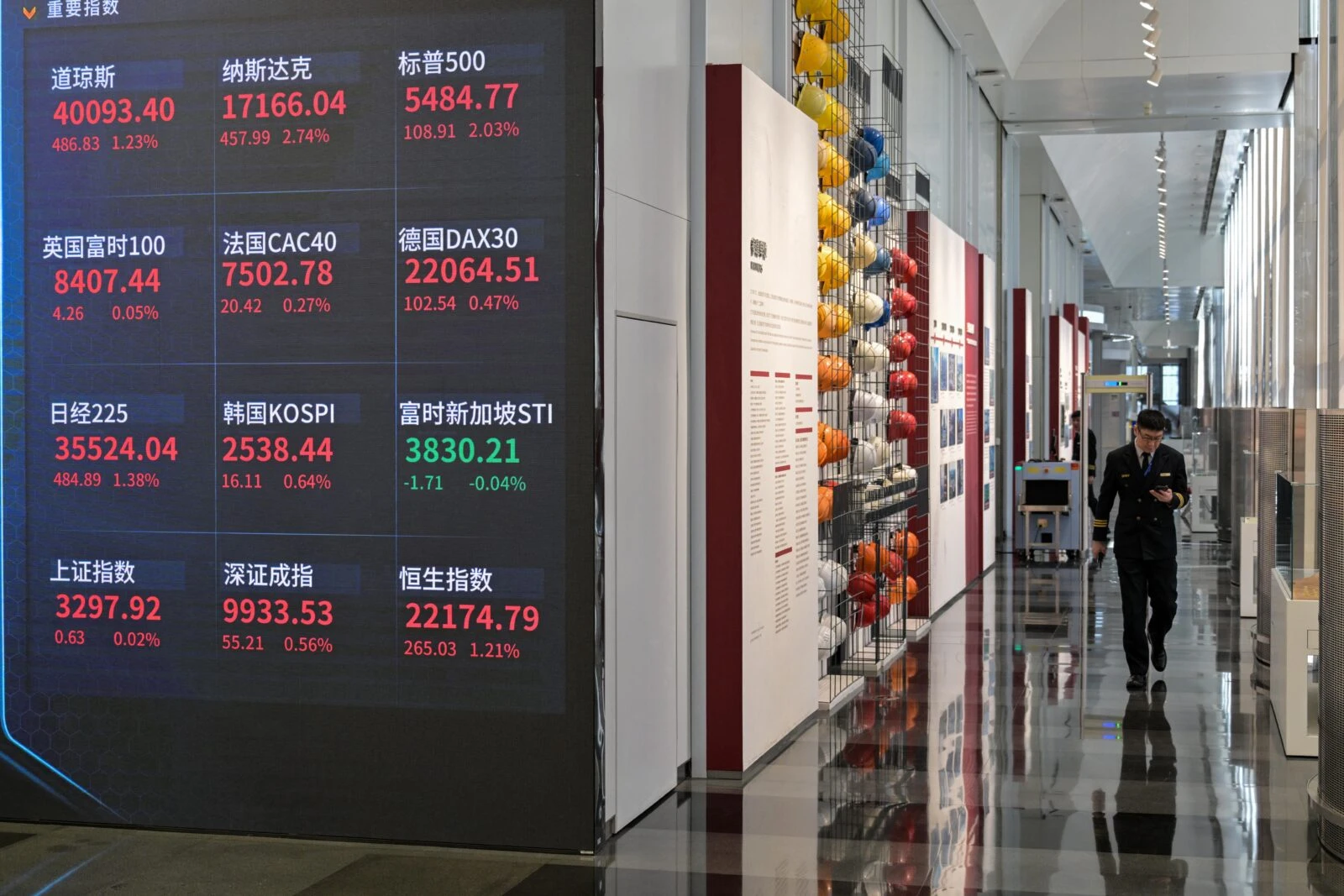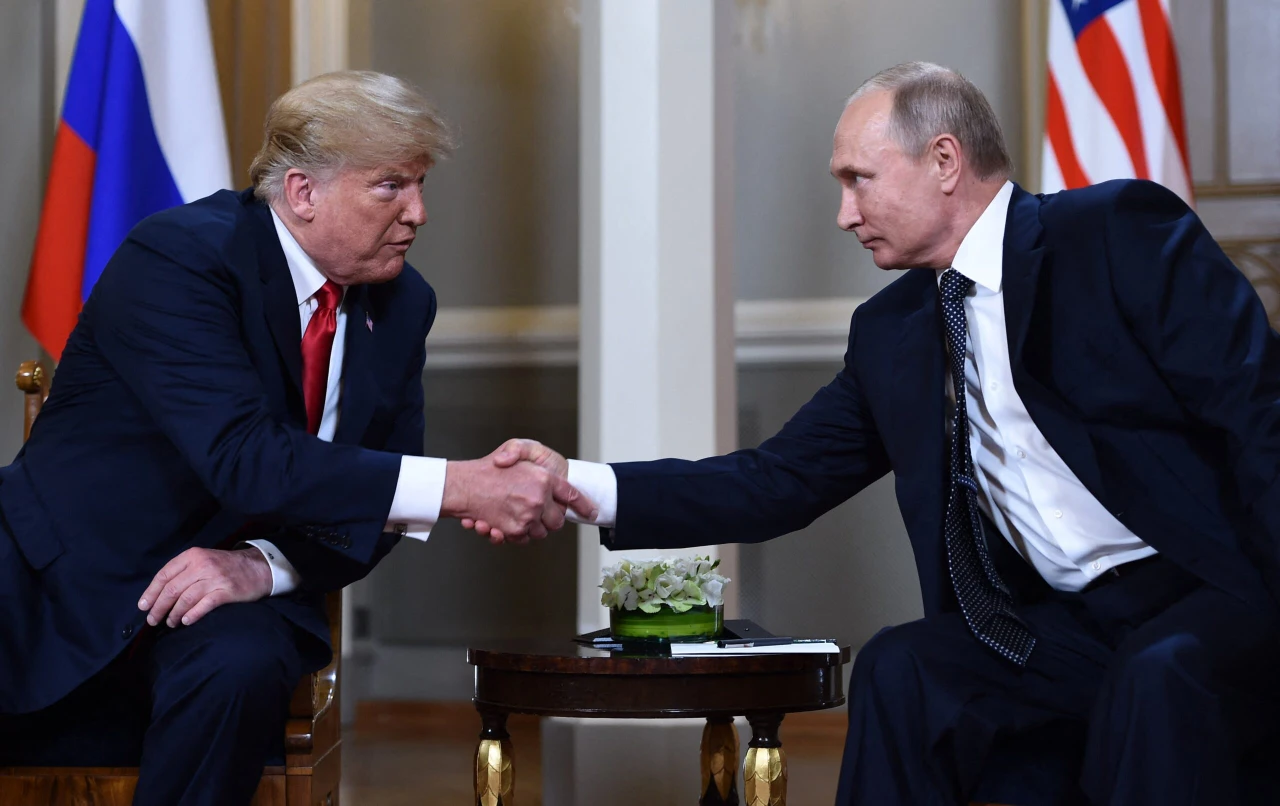Türkiye will regain investors’ attention after market volatility ends: Finance Minister
 Turkish Minister of Treasury and Finance Mehmet Simsek attends the "Protectionism: The End of Globalization?" panel within the 4th edition of the Antalya Diplomacy Forum in Antalya, Türkiye on April 11, 2025. (AA Photo)
Turkish Minister of Treasury and Finance Mehmet Simsek attends the "Protectionism: The End of Globalization?" panel within the 4th edition of the Antalya Diplomacy Forum in Antalya, Türkiye on April 11, 2025. (AA Photo)
Turkish Treasury and Finance Minister Mehmet Simsek said Türkiye’s strong macroeconomic fundamentals will attract investors once current market volatility subsides.
Simsek delivered his remarks in a video message to the Palandoken Economic Forum held in Erzurum.
Global economic challenges and Türkiye’s resilience
Simsek noted that the forum took place amid high uncertainty triggered by global trade wars and that the global economy faces long-term structural problems, including protectionism, aging populations, artificial intelligence, and climate change.
Despite this challenging environment, Simsek said there are strong reasons for optimism about Türkiye’s economy.
“Since May 2023, our stabilization and reform program has reduced external vulnerabilities, strengthened macro-financial stability, and created a more solid foundation for sustainable high growth,” Simsek stated.
He pointed out that Türkiye has major advantages in the face of global structural risks and noted the resilience of Türkiye’s economy to rising protectionism due to its relatively low dependence on exports and its trade relations with friendly nations.

Strengthening trade and regional integration
Simsek said that Türkiye’s export sector is less vulnerable to global trade fragmentation, as 62% of Türkiye’s exports are not significantly affected by protectionist measures.
“Türkiye is integrated into a $30 trillion economy through free trade agreements with 54 countries, including the European Union,” he said.
He highlighted Türkiye’s position as a key hub for large-scale infrastructure and logistics projects, such as the Middle Corridor and the Development Road Project, linking China to Europe.

Türkiye’s low debt and investment potential
Simsek addressed the global trend of rising debt levels and emphasized Türkiye’s advantage. “Türkiye’s total debt-to-GDP ratio is only 93%, compared to 245% for similar emerging economies,” he noted.
“Our low debt stock means that when market volatility ends, Türkiye’s strong fundamentals will once again attract investors’ attention,” Simsek said.
He acknowledged that global investors are currently cautious, but expressed confidence, “Over time, investors will refocus on countries with strong macroeconomic fundamentals and clear narratives. Türkiye will stand out positively among them.”

Focus on digitalization and innovation
Simsek emphasized the importance of digitalization and technological innovation. “Artificial intelligence and robot technologies will significantly affect the global economy,” he said, adding that Türkiye ranks above the emerging market average in the IMF’s AI readiness index.
He stressed that investments in fiber capacity, post-5G technologies, data centers, a national GPS system, and nuclear energy will be expanded to close the gap with developed countries.
“Our greatest advantage is our qualified human capital,” Simsek said.

External balance and inflation progress
Simsek highlighted a strong improvement in Türkiye’s external balance. He said the current account deficit had dropped from over $55 billion in May 2023 to $12.8 billion in February 2024.
Excluding gold imports, Türkiye is now achieving a moderate surplus with growth, he added.
Simsek said that the disinflation process is proceeding successfully. “Annual inflation has been declining for 10 consecutive months. March inflation stood at 38.1%, down more than 37 points from its peak last May,” he said.
He underlined that delayed effects of monetary policy, stronger fiscal support, and supply-side reforms would continue to lower inflation. “We will maintain our disciplined fiscal stance and continue with spending controls and savings measures,” Simsek emphasized.

Türkiye’s long-term growth prospects
Simsek noted that short-term fluctuations in economic activity could occur due to global uncertainties and slowing demand but stressed the focus on sustainable and inclusive growth.
“We are building solid foundations for long-term growth,” he said. “Every global crisis also presents opportunities. We believe in Türkiye’s potential and are implementing a strong program to realize it.”
Simsek concluded by stating that this period is not only about managing risks but also about executing structural reforms to make Türkiye’s economy more competitive.



